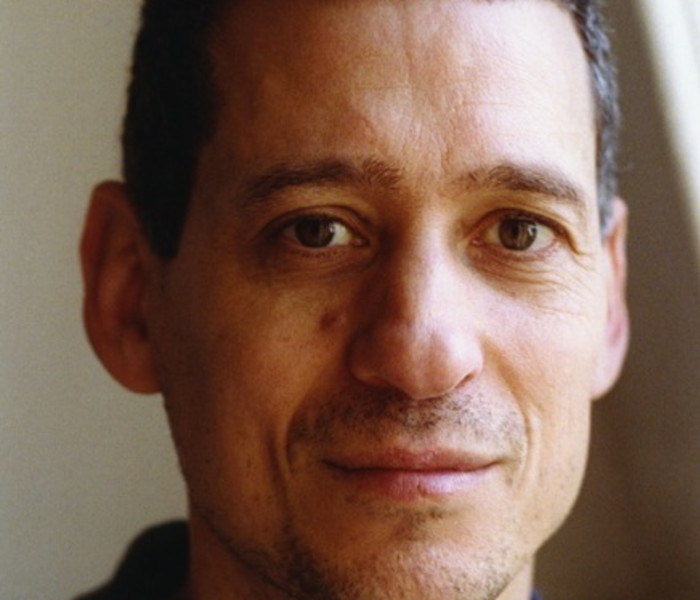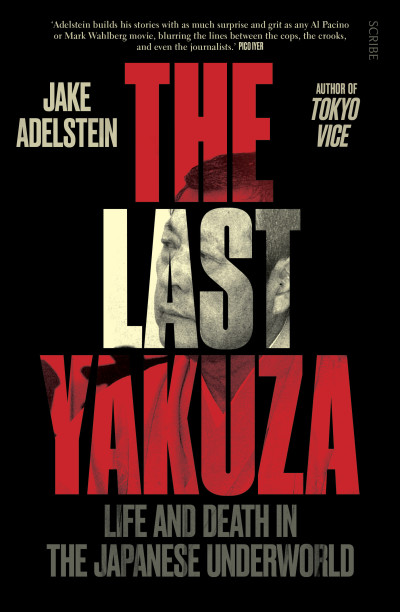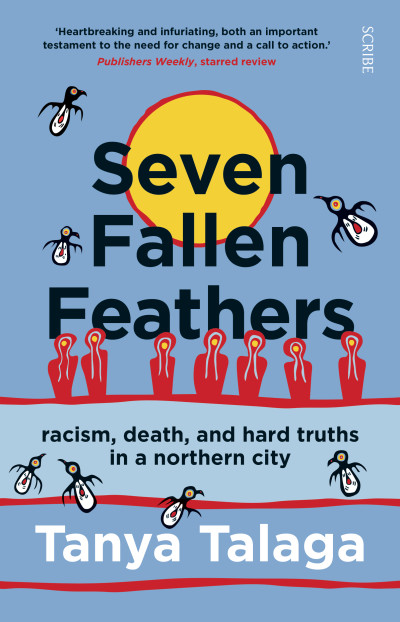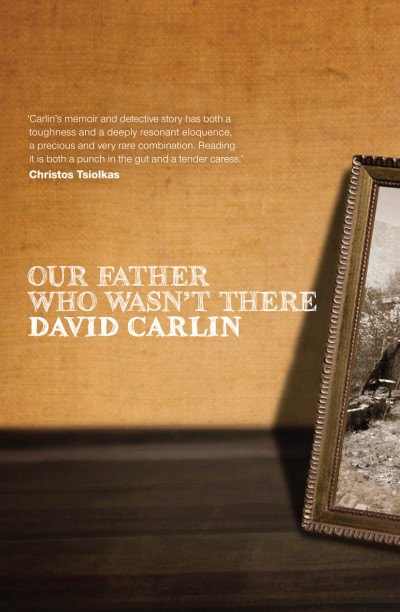‘Occasionally one comes across a book that needs to be read as much as it clearly needed to be written. Jeremy Gavron's impressive, tough yet affecting investigation into his mother's suicide at the age of twenty-nine in 1965 is such a story. Hannah Gavron was one of the brightest and most vivid young women of her generation — I know because it was my generation too. She killed herself inexplicably only months before the publication of her study of young mother's lives in the early 1960s, the very first book of its kind in this country. She called her book The Captive Wife. Her son's book, A Woman on the Edge of Time, is both his story — the story of the aftermath of a suicide — and his mother's story. Growing up knowing little about her, with no memories of her himself (he was four years old when she died,) he has pieced together her life with meticulous attention: digging up documents, tracking down scores of people who knew her, both bringing her alive and coming, at the end, to a heartbreaking understanding of her death.
‘In one sense, what he has uncovered is a tragic personal story, one woman's story, but it is more than that: Jeremy Gavron evokes the lives of all women in those pre-feminist years and so constructs a masterly portrait of an era. This is such a fine and beautiful book. A testament to a lost mother, and times past.'
Carmen Callil
‘The story is deeply affecting in itself but it is Gavron's sensibility and vulnerability that make this book so special, and so stunning. A Woman on the Edge of Time is a love letter to a remarkable woman as much as an obituary.’
The Saturday Paper
‘Mesmerising … Meticulous, even-handed and quietly revelatory, [A Woman on the Edge of Time] may be read both as a kind of detective story, the reader’s stomach fluttering wildly each time he tracks down another witness, and as a work of social history, a sly skewering of the limitations, whether spoken or unspoken, which were then placed on women.’
Rachel Cooke, The Observer
‘Jeremy Gavron’s quest [in writing A Woman on the Edge of Time] is a double quest: to find out what his mother was like in life and to find out why she killed herself … The tenacity with which he pursues this goal is extraordinary … The taboo of silence that shrouded Jeremy’s childhood is broken. Those complicit with it aren’t arraigned; the tone is patient and compassionate. But Hannah [Gavron] steps out of the shadow, 50 years on, and “the great unsaids” are finally spoken.’
Blake Morrison, The Guardian
‘I was mesmerised by Jeremy Gavron’s extraordinary memoir of his mother … It’s one of those works that cross over into the real life so justly that all of life is better understood by it.’
Ali Smith
‘Gavron is a skilled storyteller. “Like an archaeologist conjuring a jar out of a few shards”, he talks to extended family, colleagues and friends, piecing together who his mother might have been. The result is a tremendous personal narrative that is guiltily compelling … The only clear and tragic conclusion is that any suicide is a terrifying puzzle, and those that live in its wake are forever haunted.’
Helen Davies, Sunday Times
‘I stayed up all night to finish A Woman on the Edge of Time, this doggedly reported, elegantly written tale of Jeremy Gavron’s search to uncover the reason for the suicide of his clever, beautiful, academic mother … It’s deeply personal, but without self-indulgence.’
Alex O'Connell, The Times
‘An investigative journey into the identity of a young woman who wanted more from life than her era allowed her, and for the reader an introduction to a person who, by the memoir’s close, feels like a friend.’
Mariella Frostrup
‘[Hannah Gavron] was ahead of her time. She was before Betty Friedman and long before Germaine Greer and all those others ... It was a painful and lonely business trying to work out how to even talk about the problems of men and women back in the 50s and 60s.’
Kate Grenville
‘[A] pioneering, intense and visceral work … both an act of mourning and a revelation of life. The genius of A Woman on the Edge of Time is that the impossible, very real Hannah Gavron — cheeky, warm, clever, determined, brilliant, shining, paradoxical — comes so fully back to life.’
Ali Smith, TLS
‘A moving enquiry, a compelling search for a lost mother, and a revealing account of what life was like for adventurous and intelligent women in the 1960s.’
Cathy Rentzenbrink, Stylist
‘Gavron is too subtle and intelligent to make the mistake of believing that suicide is ever about only one thing. And here, in beautiful, mesmeric prose, he delves deep into the shadow side of his mother’s life … The result is a memoir that is surely going to be regarded as a classic of the genre.’
Andrew Wilson, The Independent
‘In A Woman on the Edge of Time, Gavron sets out to give form to the mist of a lifetime’s emotions and barely understood certainties … A brave reckoning with family secrets.’
Hester Abrams, Jewish Chronicle
‘Profoundly moving …Painstakingly, Jeremy has pieced together scraps of interviews, letters and photos to form a coherent picture … This remarkable book will appeal to anybody interested in mid-20th-century feminism. It’s also a fascinating document about the devastating legacy of suicide … I cannot recommend it highly enough.’
Henrietta Garnett, Literary Review
‘‘[A Woman on the Edge of Time] has the heartstopping thrill of a page-turning detective novel; it’s rich with thought-provoking observations about families, particularly mothers, negotiating the narrow straits of the late ’50s/early ’60s; and it is underpinned with profound, though never sentimental, personal emotional tumult. Intelligent, skilful, and terrifically moving, it remains in the heart long after it goes back on the shelf.’
Jane Graham, The Big Issue
‘A haunting book … A family’s guilts and jealousies are a Pandora’s box. Jeremy Gavron, a first-rate writer and novelist, unfolds the story at the same fragmented, hesitant pace at which he made his discoveries, and it is a gripping formula.’
Valerie Grove, The Oldie
‘With energy and skill [Jeremy Gavron] has pursued old school and college friends, aged relatives, psychiatrists, neighbours long out of touch, and Hannah’s teaching colleagues from the Hornsey College of Art … He has ranged through letters, newspaper archives and the internet … [His] attempt to understand, and thus forgive the mother who abandoned him, is admirable … But ultimately, Hannah’s ending remains rationally inexplicable.’
Gillian Tindall, FT
‘‘Hannah's humanity sings from the pages, and it’s a feat of both skill and compassion that Gavron is able to make me feel like I intimately knew someone he never had the chance to know properly himself.’
Jessie Thompson, Huffington Post
‘[V]ery moving … recreates a personality and life trajectory that seem both representative and exceptional: a woman living in a time when more seemed possible but the resistance was still fierce.’
Owen Richardson, Sydney Morning Herald
‘This book is an act of piety, a memorial and a tribute to a mother who found life too difficult to continue with … [Gavron] writes it for himself, and for his children, who are also of her blood. It is certainly a record of failure, of waste, but also of great love, and that is what moves us.’
Marion Halligan, Canberra Times
‘Beautifully written — wholly unique — A Woman on the Edge of Time is an elegy/memoir that is also a kind of detective story — in which the author investigates, with as much dread as hope, the circumstances leading to the suicide of his charismatic and accomplished mother many years before. It is difficult not to rush through Jeremy Gavron’s compelling story.’
Joyce Carol Oates
‘A brave and honest memoir that pieces together the story of a mother lost to suicide, told in beautiful prose by her son.’
Good Reading
‘This tender and forgiving book is a fitting memorial to Hannah’s wayward brilliance.’
Daily Mail
‘Moving and clear-eyed’
Woman and Home
‘Jeremy Gavron’s quest to find his mother has produced a groundbreaking book and mov-ing portrait of a spirited young woman—a ‘captive wife’—who refused to accept the social constraints of her time. Unforgettable.’
Tina Brown





















